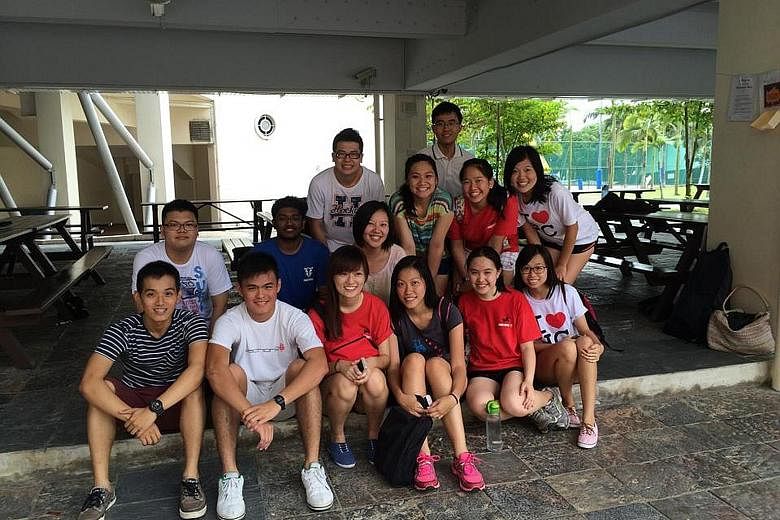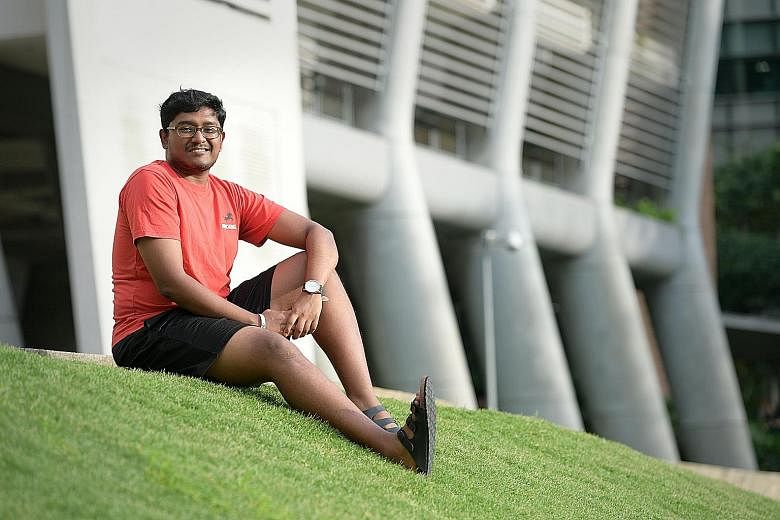Back when Mr Tinesh Indrarajah was a first-year junior college (JC) student at Hwa Chong Institution (HCI) in 2011, a school visitor was puzzled when they met.
"He asked me: Are you Indian? What are you doing in this school?" recalled Mr Tinesh, 23, now a master's student at the Lee Kuan Yew School of Public Policy and concurrently a fourth-year undergraduate at Yale-NUS College.
Mr Tinesh's response was: "Why wouldn't I be in this school? Because the school is good and I can get into it."
However, he acknowledged that his presence in the school was indeed an oddity.
Students from the secondary section of HCI and Nanyang Girls' High School - both Special Assistance Plan schools - form the bulk of HCI students at the JC level as they are admitted via the Integrated Programme.
But those who want to enrol at the JC level usually do not have to take Chinese language as a mother tongue.
Mr Tinesh - an Asean scholarship holder from Malaysia who attended Bukit Panjang Government High School before HCI - said the small number of non-Chinese students in his cohort showed that stereotypes continue to deter students from other races from joining schools like HCI, which are perceived as predominantly Chinese.
In his cohort of around 1,000 students, fewer than 10 were non-Chinese.
As a scholarship holder, he had different considerations when it came to choosing a JC. Since he was already living at HCI's boarding school while in secondary school, and was also familiar with the community, going to HCI made sense.
"I already knew some of the seniors who were there, I had a good support network and I liked the school culture," he said.
However, what could deter others from choosing the school is the fear of being in the minority.
"There is a natural fear that if you don't see yourself being represented in the environment, you will think that you may face a hard time or even be alone."
But Mr Tinesh, who enjoyed his two years in HCI, did not find that a problem.
While there are cultural events where Chinese songs are used, such as during the Mid-Autumn Festival celebrations, he did not find them alienating.
"I was happy to take part and learn about another culture," he said, adding that it would be beneficial for the school if there was more minority representation.
"When I was at HCI, there were a few people who came up to me and told me that I was the first Indian friend that they could really connect with, or their first non-Chinese friend."
Yuen Sin



